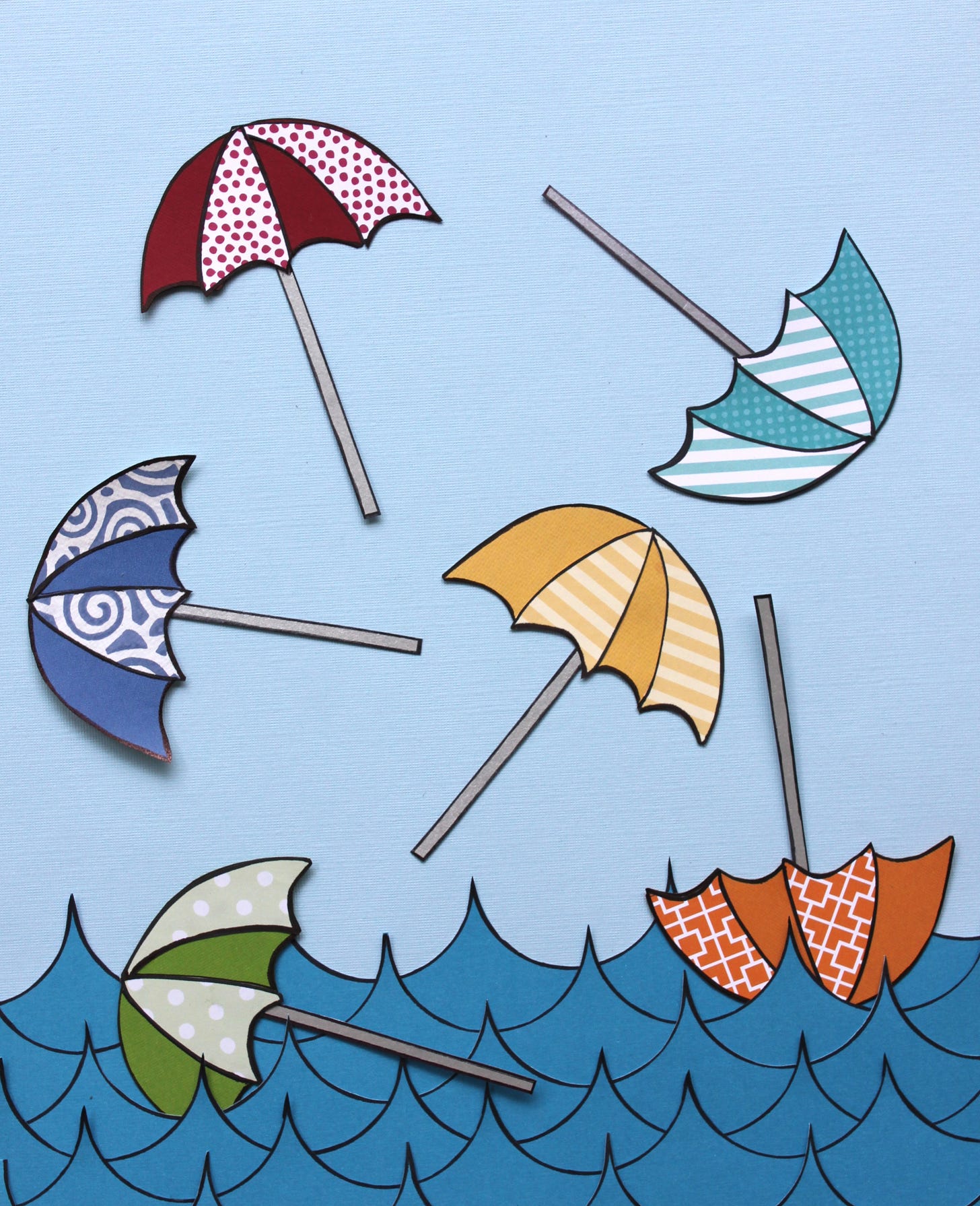Though not commonly discussed in psychiatry, our ability to be okay with the inevitable uncertainty of life is extremely important to our wellbeing.
In this newsletter, I’ll discuss:
The impacts that clinging to certainty
Why we vary in terms of our natural tendency to roll with the unexpected
How we can take advantage of neu…


